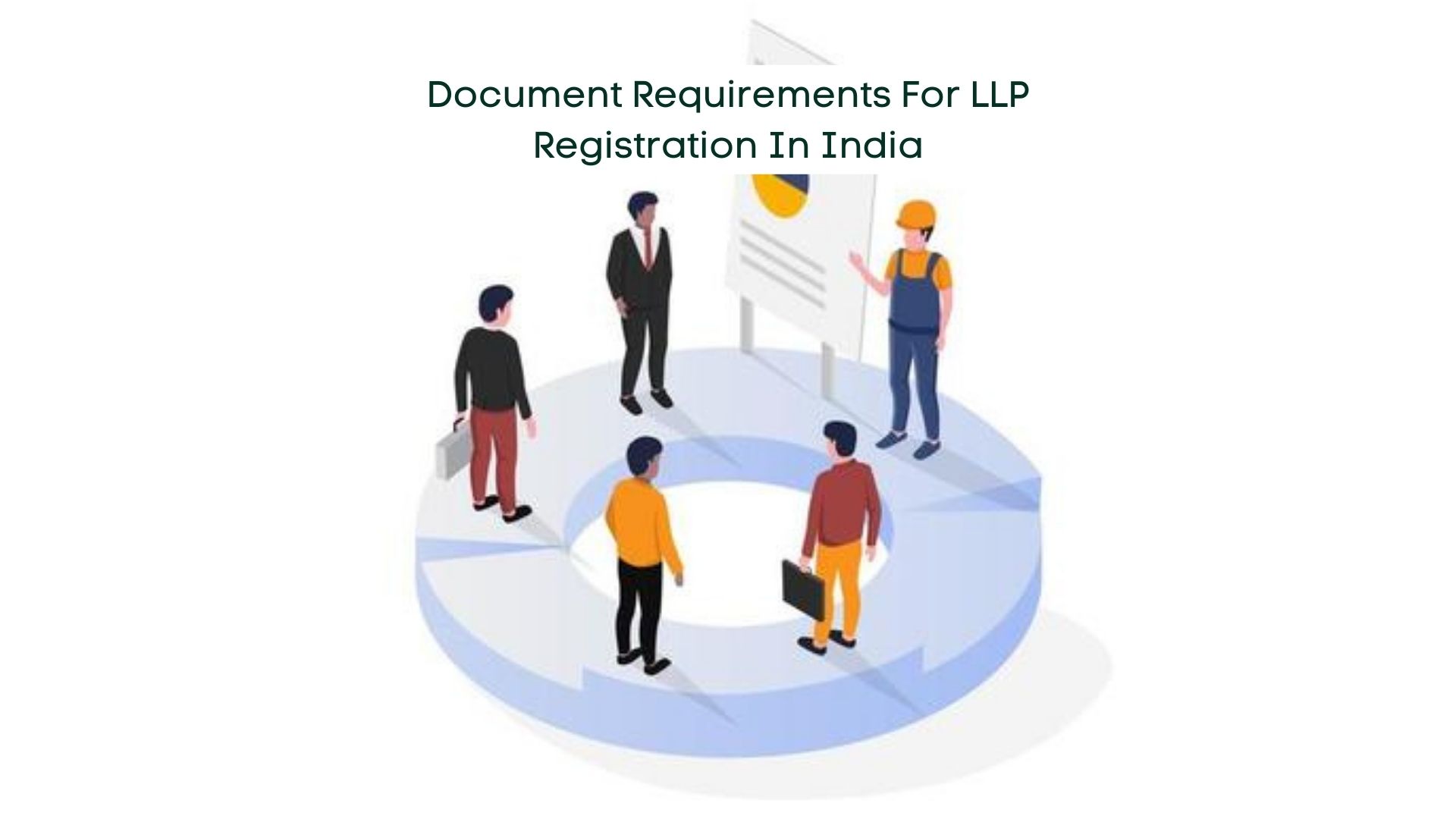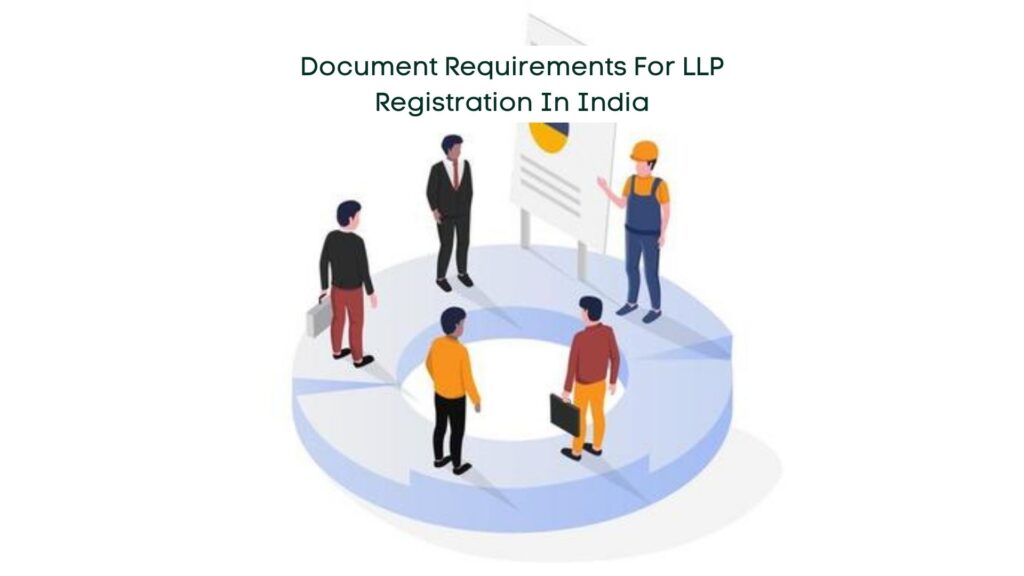
24 Feb Document Requirements for LLP Registration in India

Limited Liability Partnership (LLP) emerged as a relatively new business entity in India following the enactment of the LLP Act in 2008. LLPs gained popularity among small businesses, and with the recent relaxation of FDI regulations pertaining to LLPs, the interest in registering LLPs among NRIs and Foreign Nationals has surged. This article outlines the necessary documents required for LLP registration in India.
Understanding Limited Liability Partnership (LLP):
A Limited Liability Partnership (LLP) combines elements of both ‘company’ and ‘partnership’ business structures. Introduced in India in April 2009 through the Limited Liability Partnership Act, 2008, LLPs offer partners limited liability similar to shareholders in a company, while also granting them the authority to directly manage the business. Unlike traditional partnerships, LLPs limit the personal liability of partners for the actions or negligence of other partners.
LLP Registration Process:
LLP registration is overseen by the Ministry of Corporate Affairs (MCA) through the Office of the Registrar of Companies. The registration process is entirely electronic, akin to company registration procedures, where applications and documents are submitted electronically, and upon approval, a digitally signed Certificate of Incorporation (COI) is issued.
Advantages of LLP:
LLPs offer various advantages including limited liability, separate legal entity status, continuity of existence, minimal regulatory compliance, property ownership rights, no audit requirement under certain conditions, transferability of ownership, and tax benefits.
Documents Required for LLP Registration:
For Indian Nationals:
- PAN Card: Copy of PAN Card for all proposed partners.
- Address Proof: Documents such as Voter Identity Card, Ration Card, Driving License, Utility Bills (Electricity/Phone), or Aadhaar Card.
- Residential Proof: Bank Statement, Utility Bills, or Mobile Bills.
For Foreign Nationals:
- Passport: Notarized or apostilled copy of the passport.
- Address Proof: Documents such as Driving License, Residence Card, Bank Statement, or any officially sanctioned ID containing the address.
- Residential Proof: Similar to address proof for Indian Nationals.
Additional Requirements:
Proof of Registered Office Address, Digital Signature Certificate (DSC), Name Approval, LLP Agreement Filing with Registrar, Application for PAN and TAN, and Support for Bank Account Opening.
LLP Registration Process:
- Issue of Digital Signature Certificate (DSC).
- Name Approval.
- Incorporation Certificate of LLP.
- LLP Agreement filing with Registrar.
- Application for PAN and TAN.
- Bank Account Opening Support.
Conclusion:
LLP offers a flexible business structure combining features of both partnerships and companies. While providing advantages similar to private limited companies, LLPs ensure lesser compliance requirements and limited liability for partners, making them an attractive option for business ventures.


No Comments